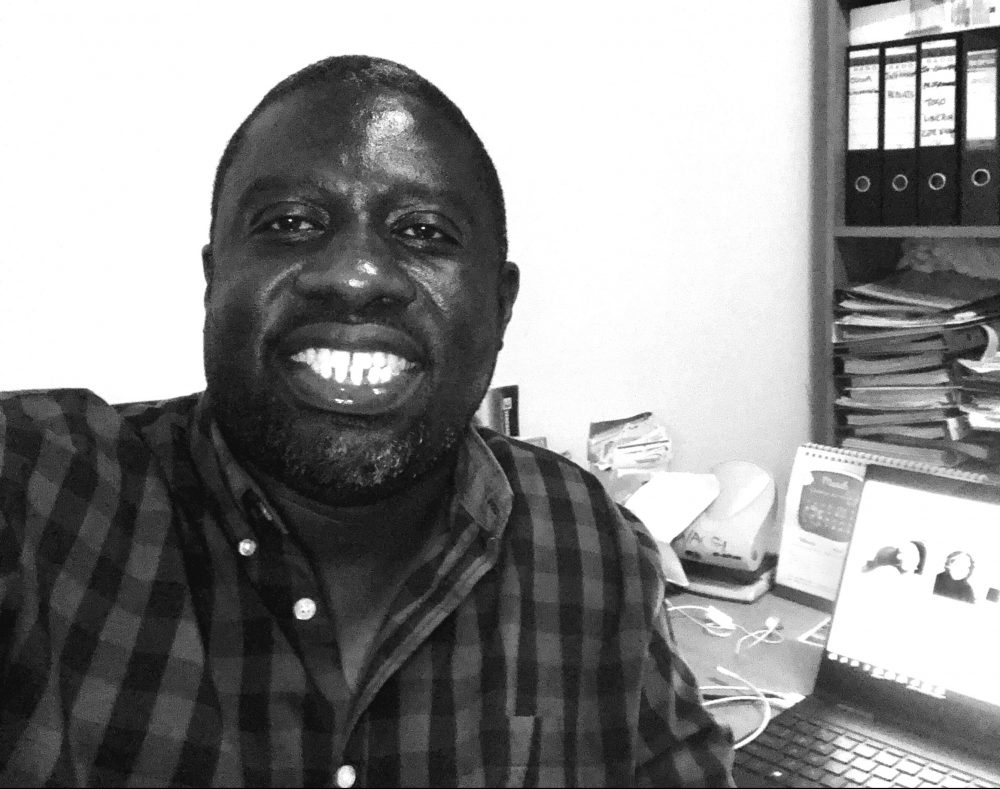Globally, in both self-governing and autocratic states, citizens and their associations face an increasingly repressive and securitized environment, as well as unprecedented attacks on their legitimacy and security. These threats have manifested within sub-Saharan Africa through restrictive laws, government clampdown on public gatherings, digital and Internet restrictions, physical harm to human rights activists, infiltration of civil society spaces by government sponsored CSOs and other non-state actors. Positively, there have been some noteworthy developments and evidence of civil society fighting back to reclaim its space that can be shared and replicated. But even though these laudable efforts have contributed to restraining governmental attempts to shrink civil society spaces, the nature and intensity of these threats in many African countries calls for a more continental, interconnected and evidence-based approach.
Charles Kojo Vandyck claims that research, capacity development, and movement building have become essential components to respond to inadequate knowledge and skills among citizens dealing with the risks associated with closing civic space. He believes that coordinated, multisectoral, and strategic actions need to be taken to educate and empower citizens and enhance their capability to respond effectively to associated risks of closing civic space.
The full report can be found on the Center for Strategic and International Studies (CSIS) website.
Photo by chrissie kremer on Unsplash
